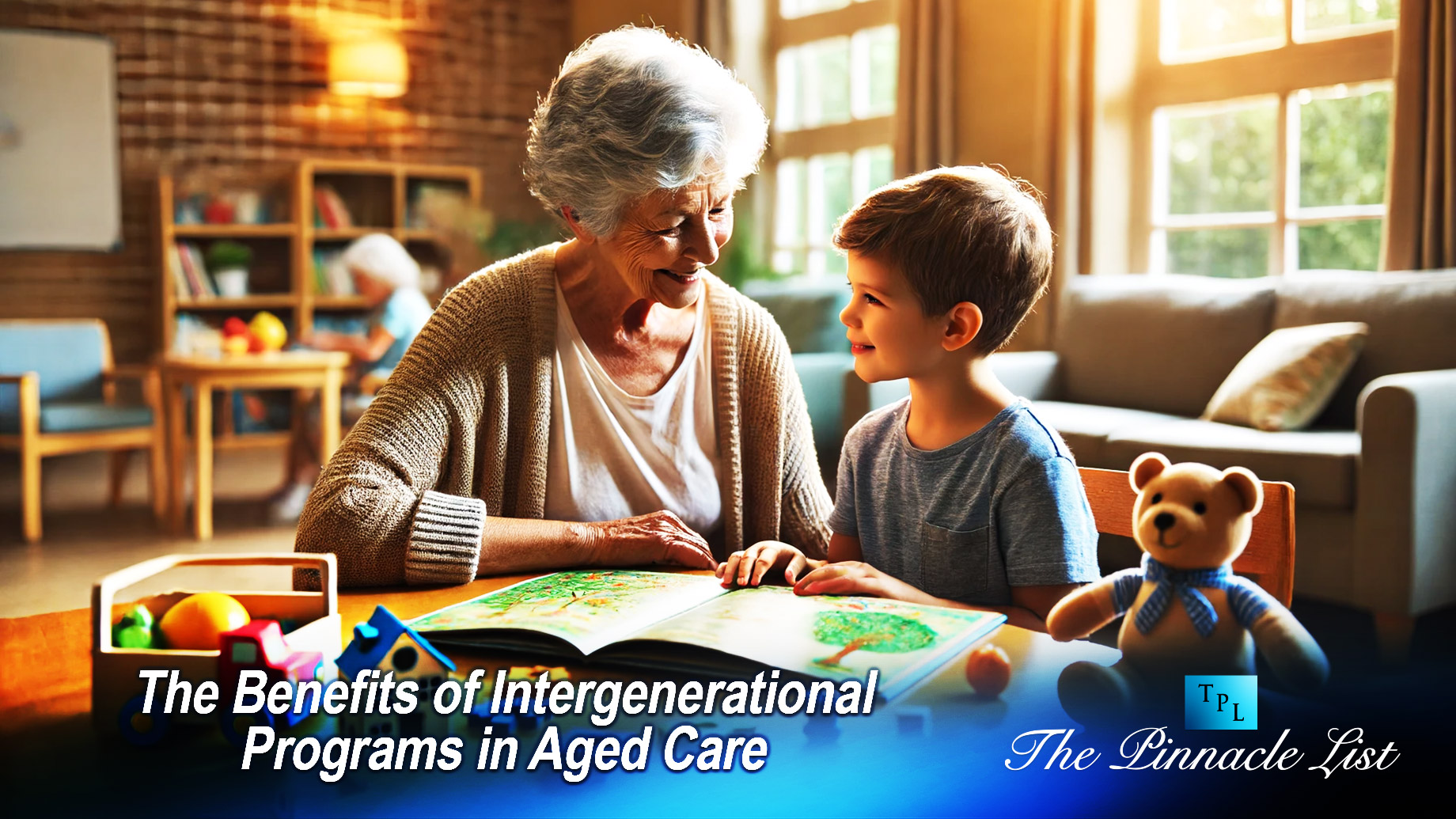
Why should aging be in an isolated circle? This is the major question that drives the advent of Intergenerational programs. These are evolving as powerful tools in aged care facilities worldwide.
It aims to create healthy interactions between older adults and younger generations. These programs offer many benefits. Notably, they positively impact the emotional and social wellness of participants.
My aged care packages often include these programs to create a more inclusive community within aged care settings. Let’s discuss how these programs benefit aged care.
Making Connections Across Generations
The major idea of intergenerational programs is to make connections between different age groups. In aged care facilities, residents often feel lonely. It may have great effects on their overall health and wellness.
Intergenerational programs provide a way for residents to engage with younger people. Even children and teenagers can participate in it. These interactions can help combat feelings of social isolation. Also, it delivers residents with a sense of purpose and belonging.
Promoting Mental and Cognitive Health
Engaging in activities with younger generations can provide valuable mental stimulation for aged care residents. Participating in educational workshops and playing games keep them active. They can share stories to create a strong bond.
Studies have shown that regular social interaction can help delay cognitive decline. This also reduce the risk of dementia.
Participating in intergenerational programs lets residents maintain cognitive function and enjoy a higher quality of life.
Encouraging Physical Activity
Intergenerational programs often involve physical activities and games. These encourage movement and exercise for older people. These activities allow aged care residents to stay active and improve their physical health.
Level 2 aged care packages can support intergenerational programs within aged care settings. Playing sports, gardening, or dancing, whatever it may be, and engaging in physical activity can help improve strength and flexibility. It also reduces the risk of falls and mobility related issues.
Nurturing Empathy
Interacting with individuals from different generations helps to develop empathy. This leads to developing understanding among participants. Younger generations can get valuable insights into their experiences. They can pursue the perspectives of older adults.
So that, older people will get a greater appreciation for the challenges they face. Similarly, older adults can share their wisdom and life experiences. This helps younger individuals better understand aging and its associated issues.
These exchanges promote mutual respect and empathy. In the end, it will create an inclusive community.
Improving Emotional Wellness
Participating in intergenerational programs can have a positive impact on emotional wellness for all the participants.
For aged care residents, these programs provide opportunities to create new bonds. It reduces feelings of loneliness and depression. Younger participants benefit from the emotional support and guidance that older adults provide.
This helping them face the challenges of adolescence. These emotional connections enrich the lives of every people. In the end, it creates a supportive and nurturing environment.
Strengthening Community Bonds
Intergenerational programs benefit every participants in multiple ways. It strengthen bonds within the wider community. Also, it a chance to bringing together people from different backgrounds and age groups. By this these programs create a sense of unity.
Residents and volunteers play a major role in supporting intergenerational interactions. This develops a sense of community spirit and collective responsibility.
Wrapping up
Intergenerational programs in aged care offer many benefits for participants of all ages. As aged care facilities conduct intergenerational programming, they create a more inclusive and vibrant future for aging populations worldwide.